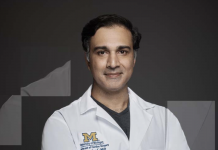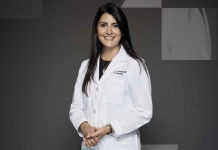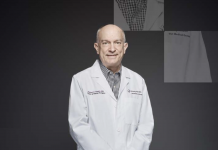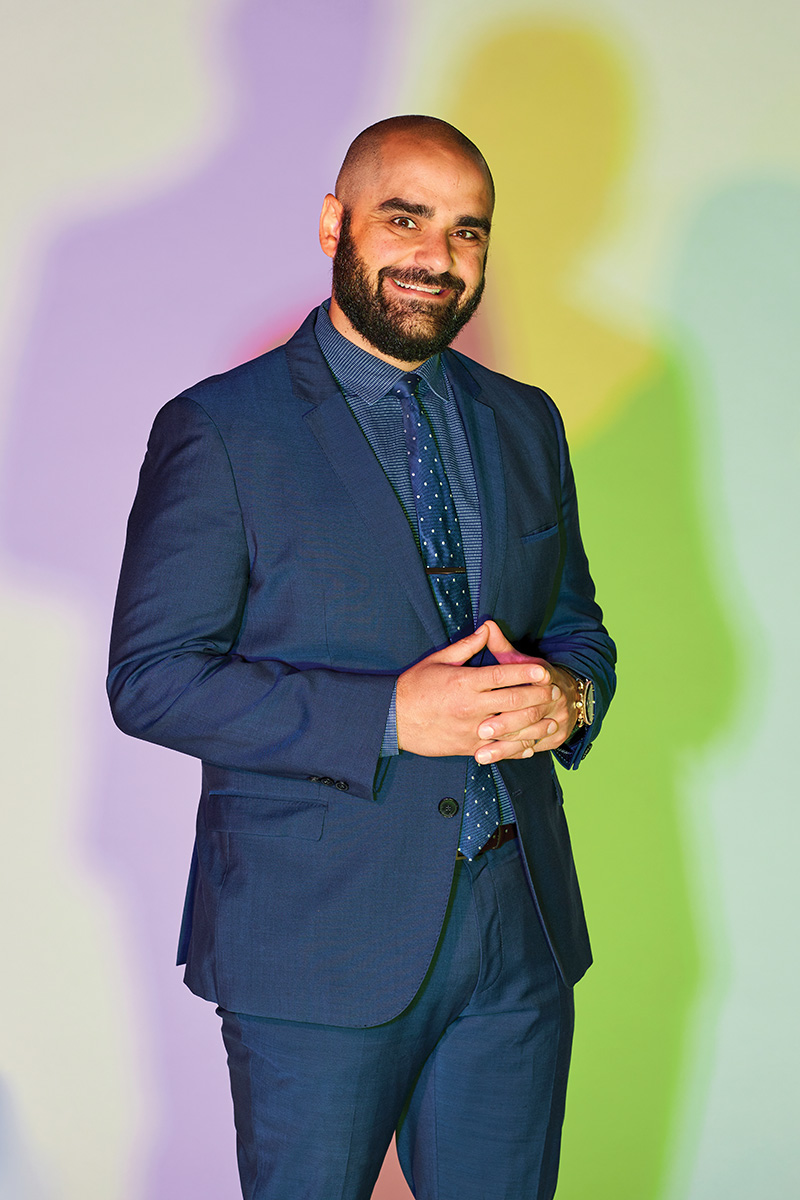
In August, a new 2,300-square-foot Beaumont Hospital facility opened in Farmington with an unusual name: The Life and Relief Clinic. Inside, instead of uncomfortable examining room tables, patients recline on soft settees. Murano glass fixtures, rather than florescent lights, cast calm hues over the space. On site are a psychologist, nutritionist, pulmonologist, and cardiologist as well as Dr. Annas Aljassem, the physician behind the clinic.Ь§
тI want patients to leave here feeling energized, so they can pursue their purpose in life,т Aljassem says of the clinic, which offers all-encompassing care for COVID-19 long-haulers т those who continue to suffer often-baffling symptoms long after the typical course of the disease т as well as for patients coping with cancer, chronic pain, addiction, and other long-term health conditions.Ь§
The Farmington clinic is just one of many medical programs opening across the state and country to care for long-haul COVID-19 patients who are experiencing myriad symptoms ranging from extreme fatigue to cognitive impairments to respiratory difficulties. The goal among doctors now is to coordinate treatment for these patients, whose ailments still have no proven therapies. While this new front of medicine is an outgrowth of the pandemic, it may also have implications for other existing diseases with perplexing symptoms.Ь§
As a physician trained in pain management, hospice, palliative care, and addiction, Aljassem remembers feeling helpless when the pandemic hit in March 2020. тI have a unique perspective on patients and thought, тThere must be something I can do,тт he says.Ь§
By May 2020, he and Dr. Matthew Sims, an infectious disease physician and Aljassemтs colleague at Beaumont in Royal Oak, were overseeing a clinical trial. Their research centered on treating adult COVID-19 patients using two common drugs, naltrexone and ketamine, to see if the drugs could reduce early and later side effects of the virus.Ь§
тI lived in the intensive care unit, focusing on helping people on ventilators for months with pain and sedation and started to realize the psychological warfare they go through,т Aljassem says. тThey are isolated, not able to see their families, and treated by people wearing alien suits. I had patients with post-traumatic stress disorder who wanted to just give up. We gave them the hope to live.тЬ§
Though the trial ended this past spring and the data still need to be collected and analyzed, the feedback Aljassem received from the patients was encouraging. тMany told me they felt like they could breathe again after the treatment,т he says, explaining that the drug ketamine appeared to help alleviate тair hungerт in COVID patients, a sensation he likens to тstruggling to breathe through a straw while running a marathon.тЬ§
While Aljassem hopes to resume the study at some point, for now heтs caring for his long-haul COVID patients in the clinic by adopting a more holistic approach. тI have patients in their 30s and 40s wondering if they will ever be able to play with their kids again,т he says, describing how one patient who was finally recovering his lung function suddenly experienced heart problems. тWeтre seeing all these peculiar presentations with COVID and wondering if there may still be some kind of indwelling inflammatory pest that lives on.т
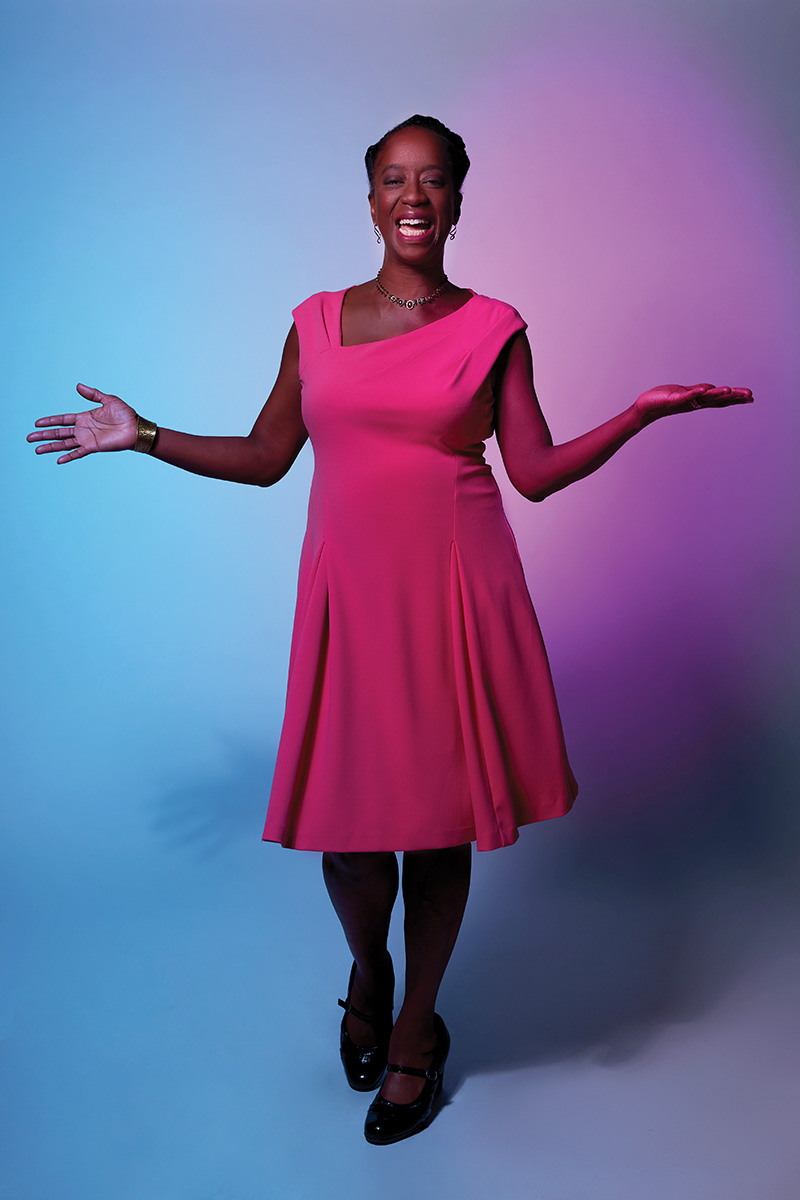
His clinic not only will make it easier for patients to see a variety of specialists as new symptoms develop, but it also will position Aljassem to help patients and their families find any needed resources, whether that means therapy, medication, or an exercise/diet regime т whatever the patient needs to get back to a semblance of normal life. тIf they have pain, they canтt achieve what they need to achieve,т he says.Ь§
As medical director of COVID recovery care, Dr. Eunice Yu of Henry Ford Health System is also spearheading a program to help long-haul COVID patients, whom she breaks into three groups: those who had complications during COVID (such as a stroke or heart attack), those who had a chronic disease before COVID (such as arthritis or diabetes), and those with new conditions after COVID (brain fog, shortness of breath, fatigue). тWe want to focus in particular on how we get the quality of life back for this third group of folks even if our testing cannot yet truly reveal one condition we can point to,т she explains, adding that it will likely be years before the syndrome is fully defined and treatments established.Ь§
To that end, Yu has helped set up educational sessions and resources at Henry Ford to help primary care physicians whose patients come to them with long-haul COVID symptoms. тManaging long COVID is going to take a team, and you need a good primary care doctor to be the quarterback for that team,т she says. Physicians can also participate in a multidisciplinary case program, where more than 10 specialists are available to help discuss and develop care plans for patients with complex conditions related to long COVID.Ь§
Informed by its experience with long-haulers, Henry Ford is now partnering with specialists treating patients suffering from myalgic encephalomyelitis (ME/CFS), otherwise known as chronic fatigue syndrome. ME/CFS patients also experience unexplained symptoms, many similar to long COVID. тThe silver lining might be more attention to an underlying mechanism for both ME/CFS and long-haul COVID,т Yu says.
One concern among those in the emerging field of long COVID care is to ensure that people of color are also referred to these facilities. Dr. Denise White Perkins, director of HFHS healthcare equity initiatives, wants to advance Yuтs program by researching whether there are notable differences in the experiences and outcomes for patients who are in social or ethnic/racial categories that have been marginalized or oppressed by society. Ь§
тThe COVID-19 pandemic really shined a huge light on how societal inequities in income, access to technology, transportation, occupational exposure, etc. can really impact oneтs risk for infection, severity of disease, and experience of illness,т White Perkins says, explaining that those segments of society also tend to have limited opportunity to buffer that risk (like choosing to work from home) and limited resources to deal with the consequences of getting sick (like lost wages). Add to that long-term chronic symptoms and complications from COVID, and the likelihood is even worse outcomes for this group.Ь§
Yu, meanwhile, is starting a patient advisory council so those suffering from long-haul COVID can directly educate physicians about their symptoms and needs. She hopes patients in metro Detroit will reach out to Henry Ford to join the council, whether they are current Henry Ford patients or not. тWe want patients to help us understand and design care,т she says. тWhat is really remarkable is that long COVID patients and patient advocates have really taken the forefront and helped the medical community understand that this is a real condition.тЬ§
Each of the physicians featured in this storyЬ§made our 2021 Top Docs list. See who else made the listЬ§here, and find more stories from the October 2021 issue of ЬЧаФvlogАВзПАц inЬ§our digital edition.Ь§
|
| Ь§ |
|



